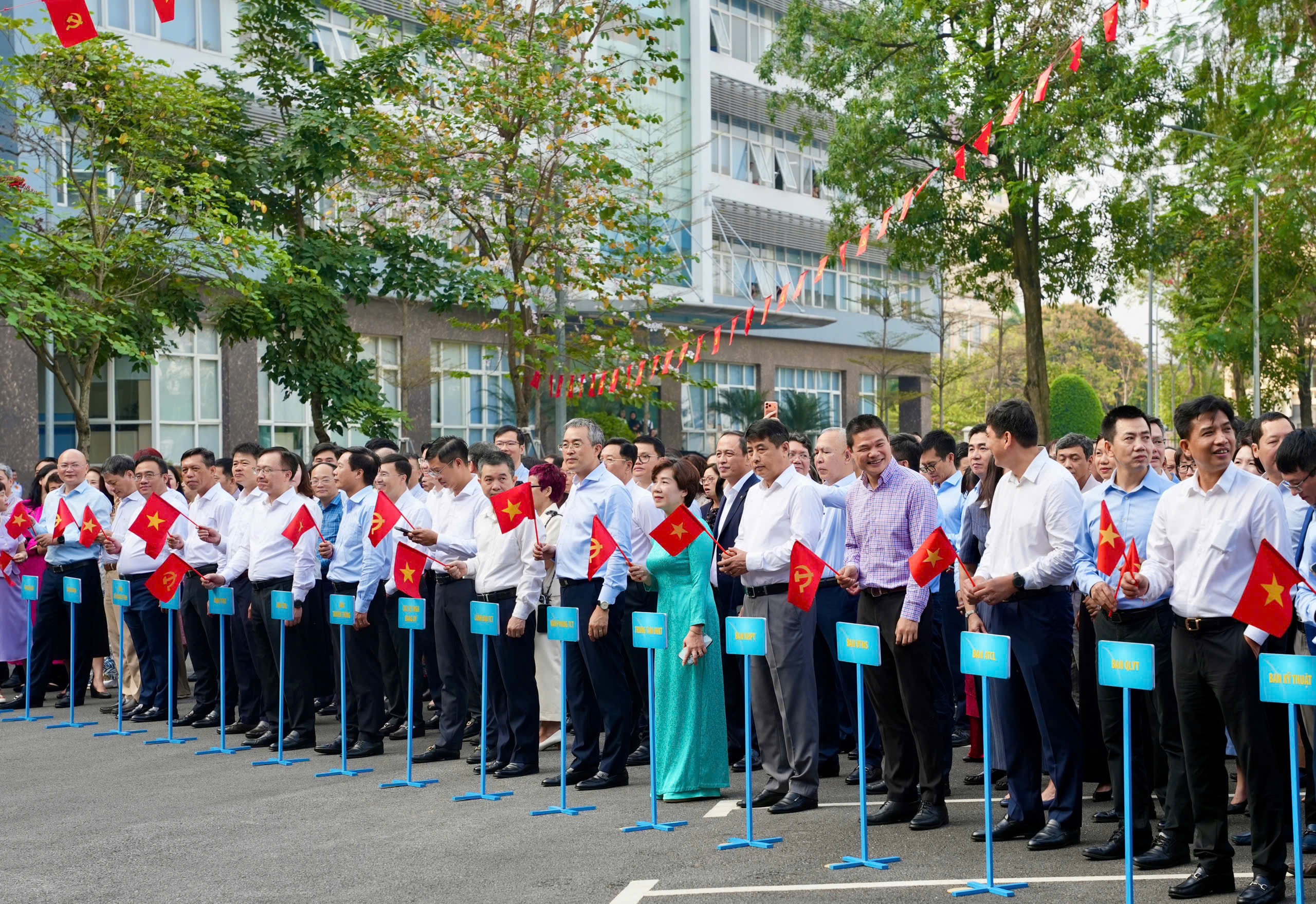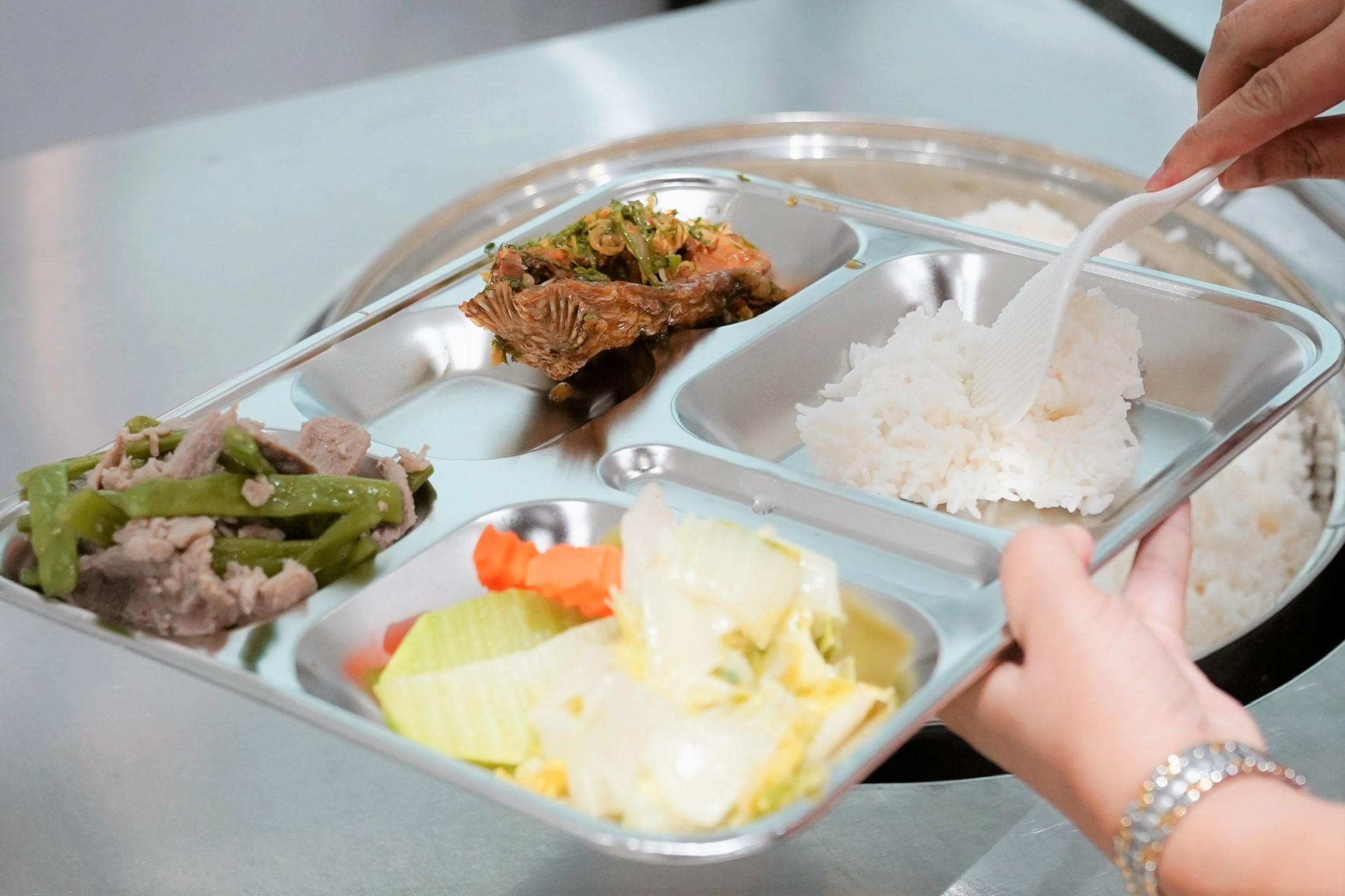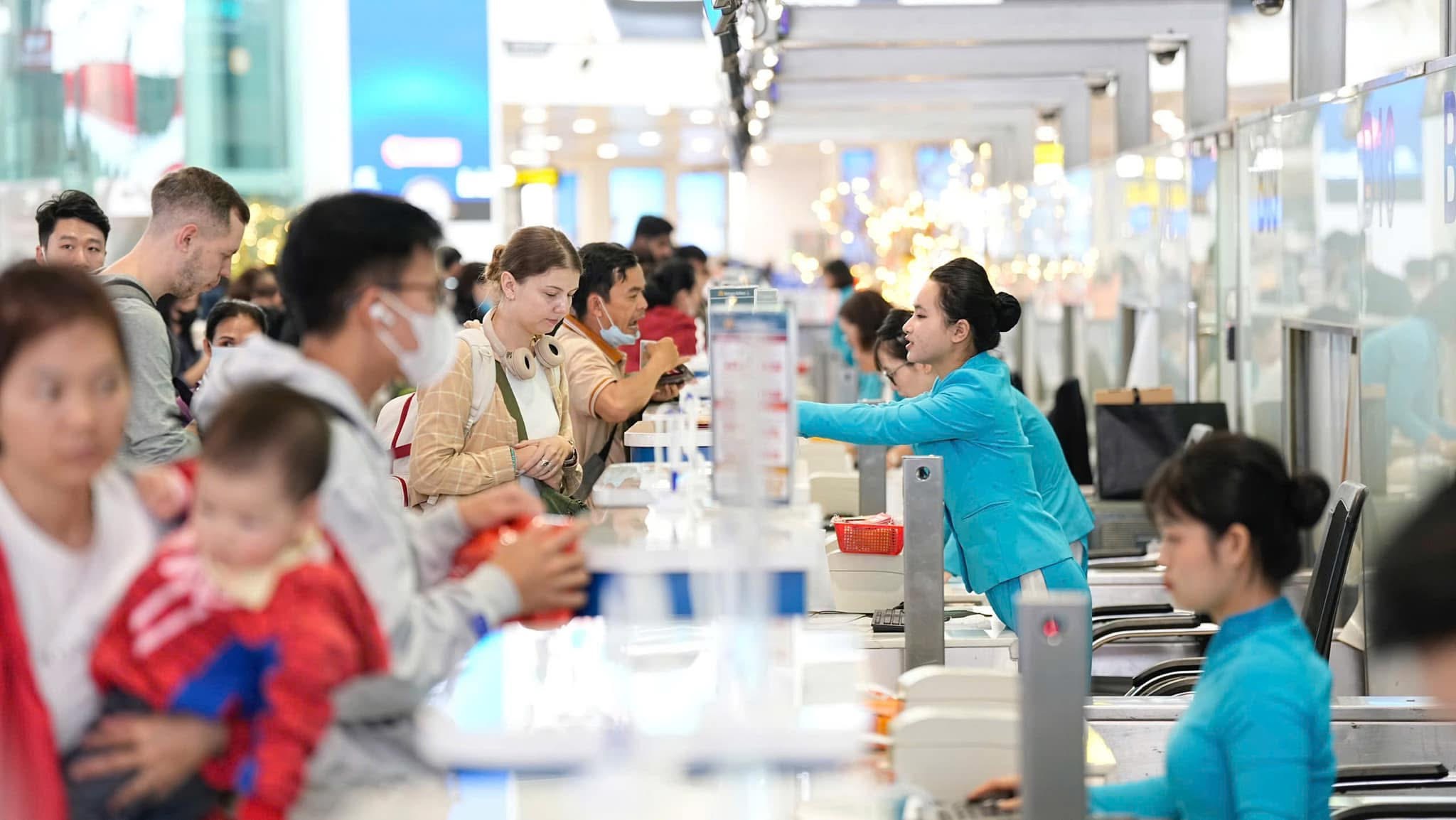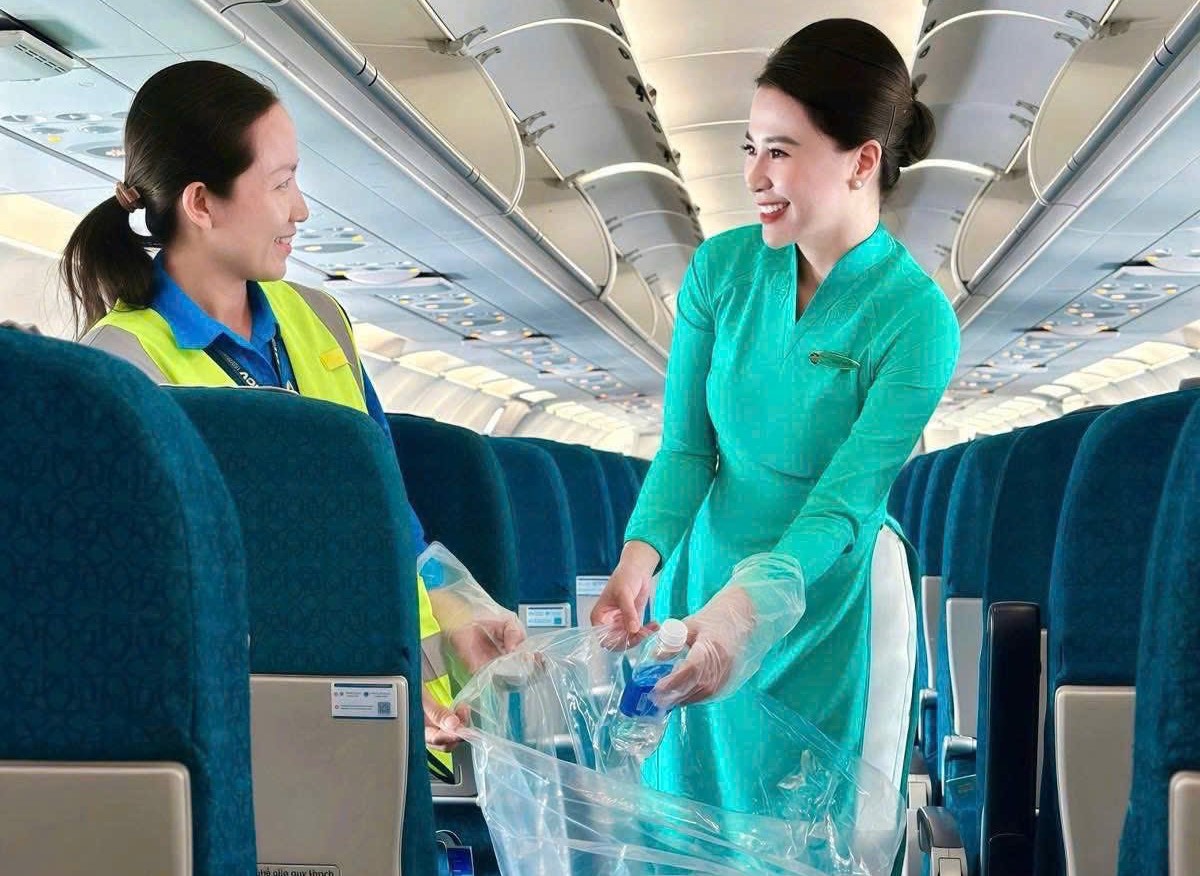Air Canada has revealed that it doesn’t expect a full recovery from the pandemic until at least 2024.
The company expects its available seat miles (ASM) for 2024 to be about 95% of 2019 levels it revealed today in its 2022 outlook and 2022-2024 key targets.
Like many airlines, Air Canada’s finances were devastated by the pandemic, with the Canadian Government taking a CA$500 million ($400 million) stake in the carrier, alongside issuing a loan of CA$5.4 billion ($4.25 billion)
Michael Rousseau, President and Chief Executive Officer of Air Canada, said, “With the pandemic receding and travel returning, Air Canada has put in place a strategy to return to profitability and increase long-term shareholder value.“Our expectations for the long-term success of our airline give us confidence to set out key targets.”
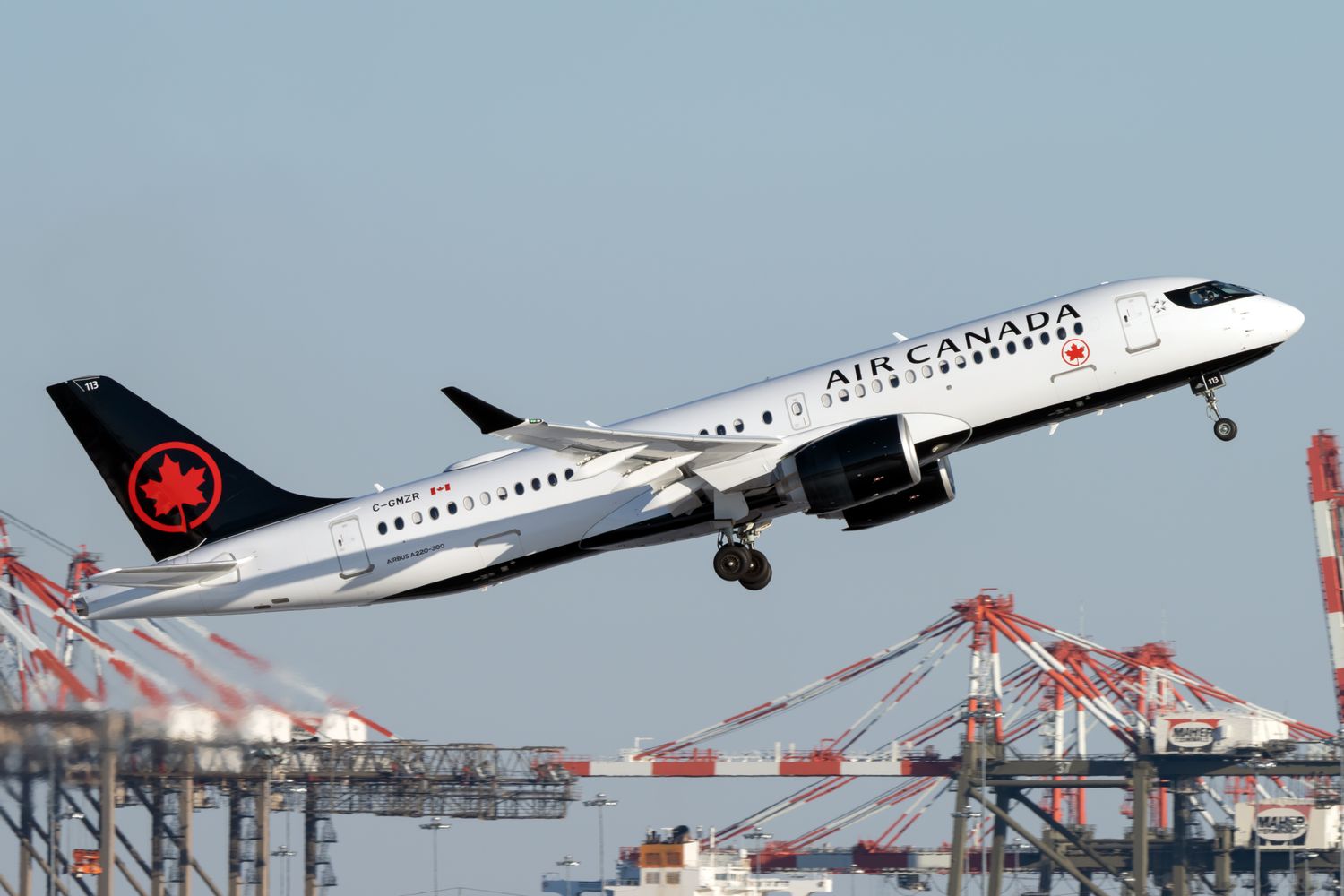
What does Air Canada expect?
The airline predicts that it will continue to enjoy a strong recovery in 2022, with full-year available seat miles (ASM) up 150% compared to the previous year. However, Air Canada stated that this prediction was based on a number of assumptions and subject to a number of risks and uncertainties.
The company stressed it would continue to adjust capacity to take into account changes in passenger demand, public health guidelines, global travel restrictions, inflation, and cost pressures. Passengers could also see prices rise after the airline warned that from 2022, its adjusted cost per available seat mile might increase by 15% compared to 2019.
There are already some potential headaches on the horizon for Air Canada and its financial plan. Most obvious of all is the airline’s assumption that the price of jet fuel will average CA$1.10 ($0.88) per liter in 2022.
While the airline said it had factored in jet fuel price volatility for 2023-2024, fuel prices have already increased by over 150% in North America over the last year, according to IATA data.
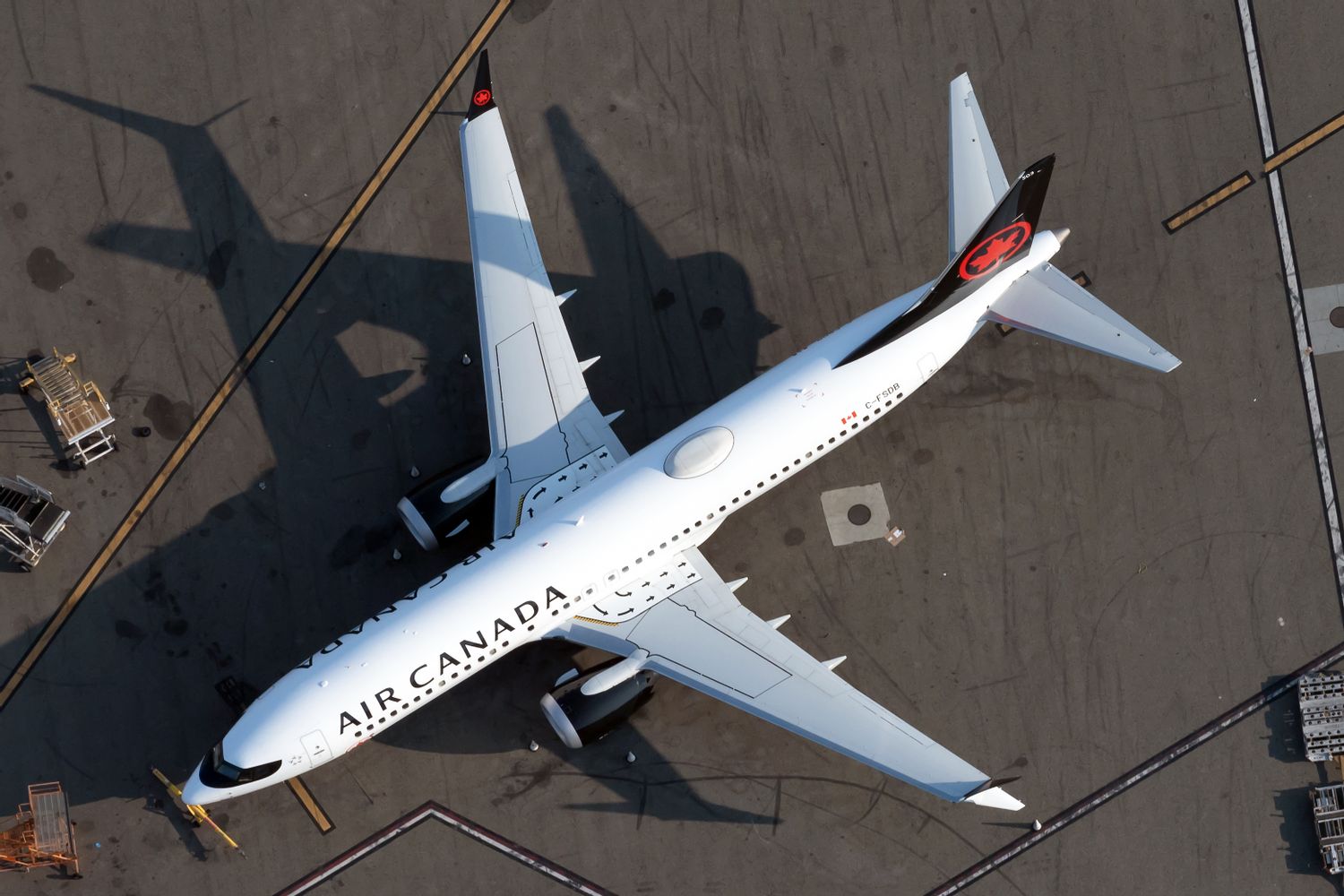
Demand for travel on the up
Despite this, the picture today looks far more cheerful for Air Canada than it did this time last year. Although Canadian air travel has been slower to recover than its American neighbor, a rebound in travel demand is now being seen in the country. Airlines hope that the further loosening of travel restrictions will assist in that recovery.
Last month, Canada scrapped the need for fully vaccinated passengers to take a PCR test to enter the country, replacing this with the more accessible and affordable lateral flow test requirement.
The country will see a further loosening of travel rules from the 1st of April, when fully vaccinated passengers will no longer be required to take any COVID-19 tests before entering the country. However, health officials have said that arrivals into Canada may still face random COVID-19 tests upon their arrival.
All travelers will still need to submit the mandatory information either on the ArriveCAN app or website.
Any unvaccinated or partially vaccinated Canadians or travelers will still be required to provide a rapid antigen test result for travel to Canada.
Cre: Simple Flying
Nguyen Mai Huong-COMM






